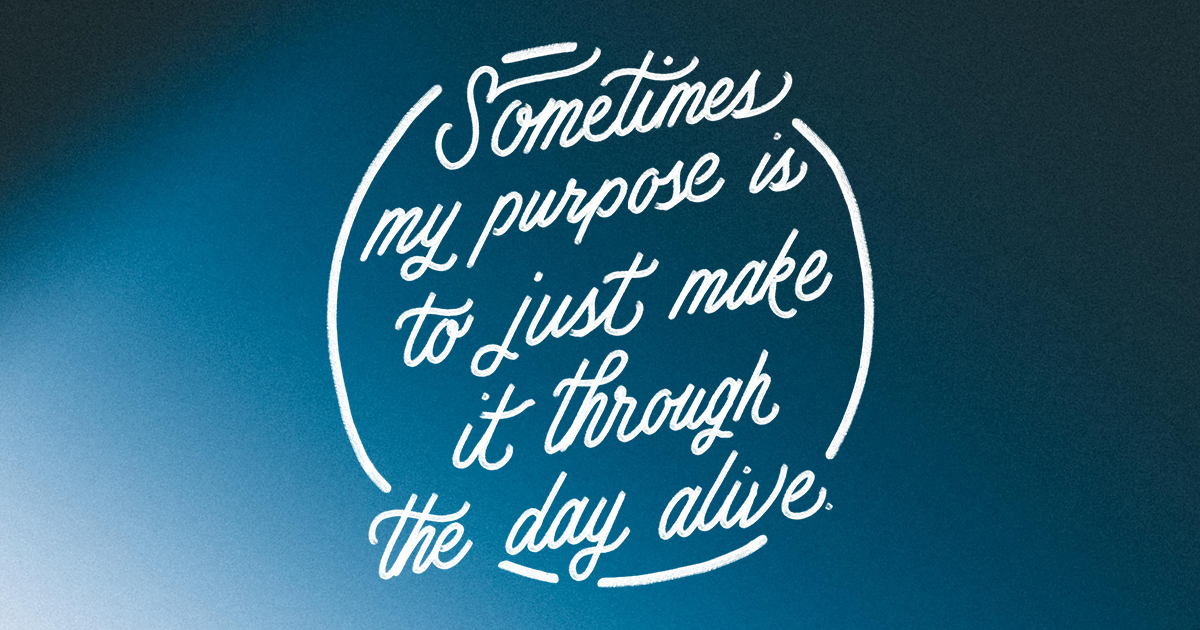“When you are depressed, you may have a tendency to confuse feeling with facts. Your feelings of hopelessness and total despair are just symptoms of depressive illness, not facts. If you think you are hopeless, you will naturally feel this way. Your feelings only trace the illogical pattern of your thinking. Only an expert, who has treated hundreds of depressed individuals, would be in a position to give a meaningful prognosis for recovery. Your suicidal urge merely indicates the need for treatment. Thus, your conviction that you are "hopeless" nearly always proves you are not. Therapy, not suicide, is indicated. Although generalizations can be misleading, I let the following rule of thumb guide me: Patients who feel hopeless never actually are hopeless. The conviction of hopelessness is one of the most curious aspects of depressive illness. In fact, the degree of hopelessness experienced by seriously depressed patients who have an excellent prognosis is usually greater than in terminal malignancy patients with a poor prognosis. It is of great importance to expose the illogic that lurks behind your hopelessness as soon as possible in order to prevent an actual suicide attempt. You may feel convinced that you have an insoluble problem in your life. You may feel that you are caught in a trap from which there is no exit. This may lead to extreme frustration and even to the urge to kill yourself as the only escape.”
― David D. Burns, Feeling Good: The New Mood Therapy
― David D. Burns, Feeling Good: The New Mood Therapy










